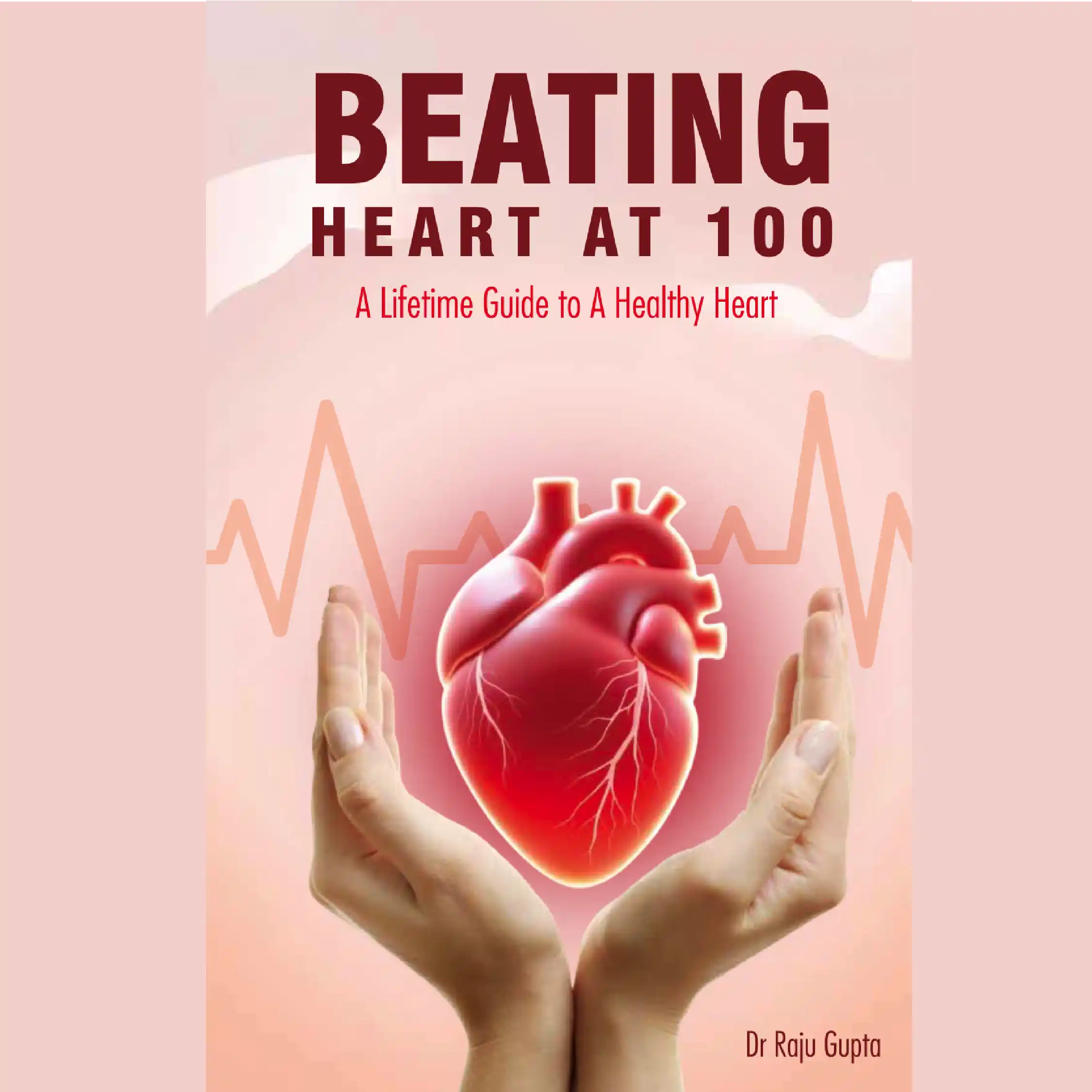The Silent Cardiologist Inside You
While you’re dreaming, your body is working overtime. Your blood pressure dips, your heartbeat slows, and your cells go into repair mode. This nightly rhythm is so precise that scientists call it the “nocturnal cardiology phase.” Miss that phase regularly, and your body loses its natural reset button. Here’s what really happens when you stay up late binge-watching, scrolling, or stressing:- Your blood pressure stays high instead of dipping.
- Your cortisol levels remain elevated, keeping your heart tense.
- Your insulin sensitivity drops, raising diabetes risk.
- Your inflammation spikes, quietly damaging arteries.
Humor Break: “Insomnia India Pvt. Ltd.”
We’ve built a whole culture around sleep sacrifice.- Students study till 3 a.m. for exams that last three hours.
- IT professionals call it a “night shift,” but it’s really a long relationship with caffeine.
- Parents sleep less than newborns.
Deep Thinking: Sleep Is Not Just Rest, It’s Rhythm
Your body runs on a clock called the circadian rhythm — a 24-hour cycle designed by evolution to sync with sunlight. When you break that rhythm (say, sleeping at 2 a.m., waking at 8, or working nights), your body gets confused. Imagine your internal organs as an orchestra. Sleep is the conductor keeping everyone in time. Remove it, and chaos begins — hormones, digestion, immunity, all out of tune. A 2019 study in the European Heart Journal found that sleeping less than 6 hours per night increased heart attack risk by 20%, even in people with no prior heart conditions. Another in JAMA Cardiology showed that poor-quality sleep disrupted blood pressure regulation — a major predictor of heart disease. Your body keeps score — even when your alarm clock doesn’t.The Energy Delusion
You’ve probably met that one person who says, “I don’t need sleep — I function fine.” Reality check: they don’t “function fine.” They’ve just forgotten what feeling good actually feels like. Studies show that after 17 hours of wakefulness, your brain performs as if you’re legally drunk. After 24 hours, your reaction speed and judgment decline more than 30%. You may still be replying to emails, but your neurons are waving white flags. Sleep deprivation doesn’t make you productive. It just makes you less aware of how unproductive you’ve become.Humor Break: The 21st-Century Sleep Logic
“Why sleep 8 hours when I can sleep 4 and complain for the rest of the day?” That’s modern logic. We call fatigue “hustle,” and brain fog “multitasking.” We buy expensive coffee to fix what a free nap could. But your heart doesn’t care about your ambition. It just needs rhythm — steady beats, steady rest.What Happens to the Heart When You Skip Sleep
Every night you stay awake, your heart silently pays the bill.- Your arteries stiffen. Chronic sleep loss increases calcium deposits in arteries — an early sign of heart disease.
- Your blood pressure resets higher. The normal nighttime dip vanishes, keeping your vessels under constant pressure.
- Your sugar metabolism crashes. Insulin resistance rises, paving the way for diabetes — the heart’s worst partner in crime.
- Your inflammation markers rise. Especially C-reactive protein (CRP) — a strong predictor of future cardiac events.
Sleep Debt Is Real (and Compound Interest Hurts)
If you sleep 1 hour less every night for a week, that’s 7 hours of “sleep debt.” And like credit card debt, interest compounds fast. You can’t binge-sleep on Sunday and expect a reset. Your body doesn’t work on weekend packages. Sleep debt silently accumulates — raising stress hormones, appetite, and blood pressure. Think of it this way:- Food gives you energy.
- Sleep decides how efficiently you use it.
Five Simple Habits for Heart-Healthy Sleep
- Respect the Clock. Sleep and wake up at the same time — even on weekends. Consistency is more important than duration alone.
- No Screens Before Bed. Blue light from phones delays melatonin release. Scrolling before sleep is like staring into the sun and wondering why you’re not sleepy.
- Keep It Cool. Lower room temperature by 1–2°C for better deep sleep. Your body cools naturally during rest — help it along.
- Early Dinner Wins. Eating late keeps digestion busy while your body’s trying to power down. Finish at least 2 hours before bed.
- Pre-Sleep Rituals. Reading, soft music, gratitude journaling — signal your body that rest is coming. Your mind follows your routine.




